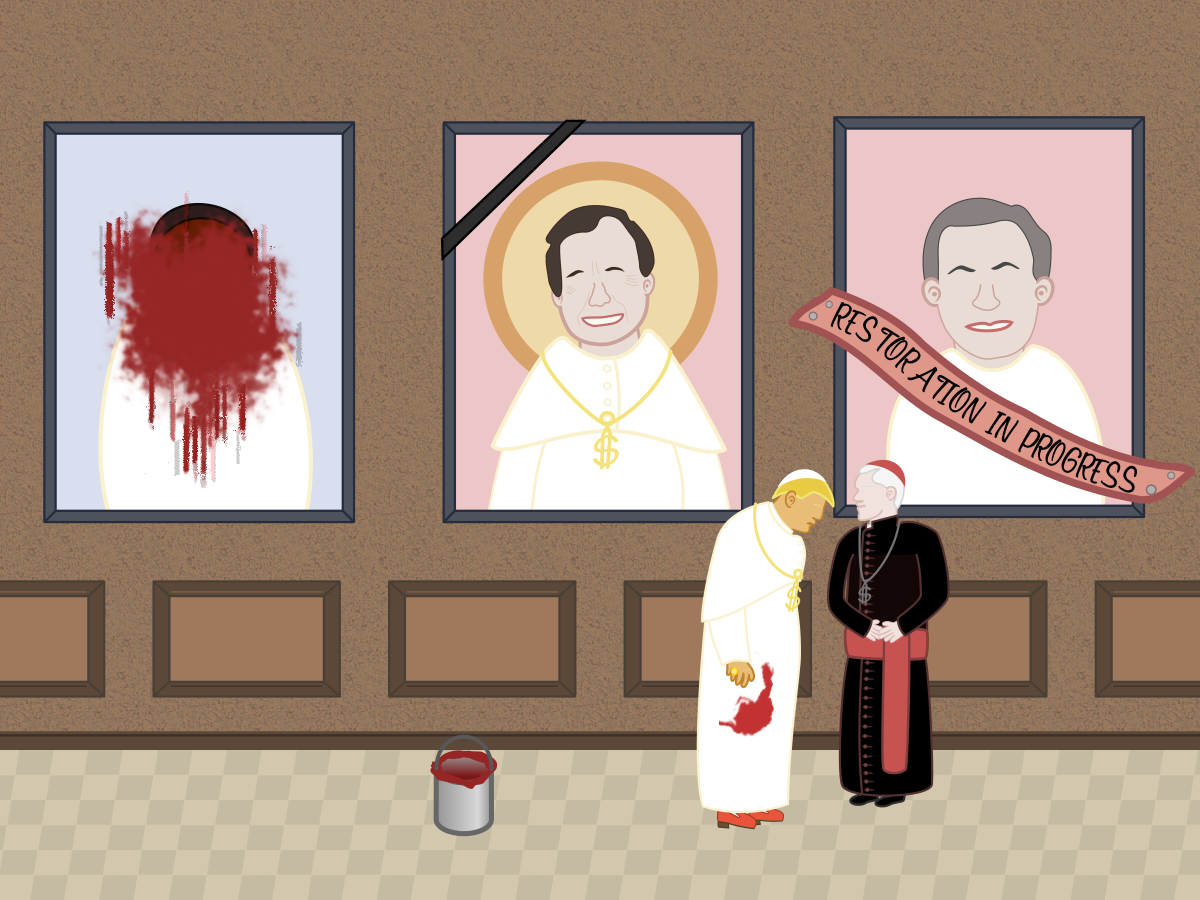Thanks to John Deeth, I learned that Congressional Quarterly has released its annual rankings of how members of Congress voted. The full chart is here. You can check how often the representatives and senators voted with President Bush, how often they voted with the majority of their own party, and how often they were present to vote.
Deeth noticed that our own Senator Tom Harkin
voted against George Bush’s declared position more than any other senator in 2008, according to Congressional Quarterly vote scores. Harkin opposed Bush’s position 75 percent of the time.
Harkin voted with fellow Senate Democrats 97 percent of the time and participated in 98 percent of the Senate votes in 2008. That’s an impressive attendance record for a senator up for re-election, though admittedly Christopher Reed wasn’t much of an opponent.
Chuck Grassley had a perfect attendance record for Senate votes in 2008. He voted with Bush 72 percent of the time (that’s a low number for Grassley) and with the majority of Senate Republicans 93 percent of the time.
In our House delegation, Steve King (IA-05) voted with Bush the most often in 2008, 77 percent of the time. King voted with the majority in the Republican caucus 97 percent of the time and had a 98 percent attendance record.
Tom Latham (IA-04) was unusually willing to vote against Bush’s stated position this year, voting with Bush only 63 percent of the time. Latham recognized early that a Democratic wave was building and sought to rebrand himself as a moderate, independent thinker in his swing district. He still voted with fellow Republicans 90 percent of the time, and had a near-perfect 99 percent attendance record.
Congressional Quarterly’s rankings show surprisingly little difference between Iowa Democrats in the House. Bruce Braley (IA-01) and Dave Loebsack (IA-02) both voted with Bush 13 percent of the time, while Leonard Boswell (IA-03) voted with Bush 17 percent of the time. Their party loyalty rankings were almost identical, with Braley and Boswell voting with the Democratic majority 98 percent of the time, and Loebsack hitting 97 percent on that metric. They all had good attendance, with Braley making 92 percent of the votes, Loebsack 93 percent, and Boswell 88 percent despite having surgery that required a two-week hospital stay in the summer.
The differences between Iowa’s Democratic members of Congress are more apparent when you look at their Progressive Punch rankings. Considering all his votes in 2007 and 2008, Boswell was the 180th most progressive member of the House, with a progressive score of 92.38. That’s a big improvement on his lifetime progressive score of 74.36; Boswell is clearly a more reliable vote when Democrats are the majority party that controls what comes up for a vote. Ed Fallon’s primary challenge probably nudged Boswell toward more progressive voting as well.
But even the new, improved Boswell had a progressive score of only 67.86 “when the chips were down” in 2007 and 2008. The Progressive Punch “chips are down” rankings take into account particularly important votes, such as the controversial Foreign Intelligence Surveillance Act.
Loebsack ranked 123rd among House Democrats with a progressive score of 95.41 for all his 2007 and 2008 votes and a score of 80.79 “when the chips were down.”
Braley was not far behind at number 147 among House Democrats, with an overall progressive score of 94.48 and a “chips are down” score of 76.65.
It will be interesting to see whether Boswell’s voting habits change much in 2009, with no primary challenger likely to emerge.
Looking at the big picture, Congressional Quarterly’s Richard Rubin draws some conclusions from that publication’s analysis of voting in 2008:
Bush’s side prevailed on just 47.8 percent of roll call votes in 2008 where he took a clear position. That is the eighth-lowest score in the 56-year history of the survey, although it was higher than Bush’s 38.3 percent success rate in 2007. Congress forced him to accept a farm bill and Medicare doctor-payment changes he didn’t want, and lawmakers challenged him repeatedly on issues from tobacco regulation to infrastructure spending.
Moderate Republicans fled from the president as the election neared, and the average House Republican supported Bush just 64 percent of the time. That’s down 8 percentage points from a year ago and the lowest for a president’s party since 1990, midway through Bush’s father’s term in the White House. His average support score of 70 percent among GOP senators was also the lowest for a president’s party since 1990.
As in 2007, Democrats voted with Bush far less often than they had when the Republicans were in charge and could set the agenda. House Democrats voted with Bush just 16 percent of the time on average — above their 2007 support score of 7 percent but still the second lowest for any president. Democratic senators joined Bush on 34 percent of roll call votes, down from their average support score of 37 percent a year ago. […]
At the same time, despite his political weakness, Democratic control of Congress and frequent defeats, Bush got his way on some of the biggest issues of the year.
Playing offense, the administration secured more money for his effort to fight AIDS globally and cemented a nuclear-cooperation deal with India. But Bush scored most often with blocking tactics, using threatened vetoes and the Senate filibuster to avoid significant changes to his Iraq policies, major restrictions on intelligence- gathering tactics, and removal of tax breaks for oil and gas companies. He was a resilient pinata, losing plenty of votes along the way but remaining the biggest obstacle to the Democrats’ ability to turn their campaign agenda into law.
Rubin’s analysis shows that Latham is far from a maverick within the Republican caucus. He moved away from Bush in 2008 almost exactly in step with fellow House Republicans.
Taking a broader look at the trends, I see two lessons for Democrats here. First, Barack Obama should understand that driving a very hard bargain with Congress often pays off. You don’t have to back down at the first sign of serious opposition. If even an extremely unpopular president was able to do reasonably well with a Congress controlled by the other party, a new president who is quite popular like Obama should be able to get most of what he wants from a Congress controlled by his own party.
If any of Obama’s proposals fail the first year, he should consider trying again later without watering them down. Bush wasn’t able to get everything he wanted out of the Republican-controlled Congress during his first year or two, but he kept at it and was able to get much of his agenda through eventually. Many tax cuts not included in the 2001 package got through in later years. He didn’t get the energy bill he wanted until 2005.
The second lesson is for Senate Majority Leader Harry Reid. It’s long past time to start making the Republicans pay a price for using the filibuster. Otherwise they will continue to use it routinely to block Obama’s agenda.
Nate Silver recently looked at how Republicans have used the filibuster since Democrats gained the majority in Congress. He concluded that Reid “has been exceptionally ineffective”:
There are basically two mechanisms that a majority leader can employ to limit filibusters: firstly, he can threaten to block votes on certain of the opposition party’s legislation (or alternatively, present carrots to them for allowing a vote to proceed), and secondly, he can publicly shame them. Reid managed to do neither, and the Senate Republicans did fairly well for themselves considering that they were in a minority and were burdened by a President with negative political capital.
Time to play hardball in the Senate, not only with Republicans but also with Evan Bayh and his merry band of “Blue Dogs” if they collude with Republicans to obstruct Obama’s agenda.
Continue Reading...


